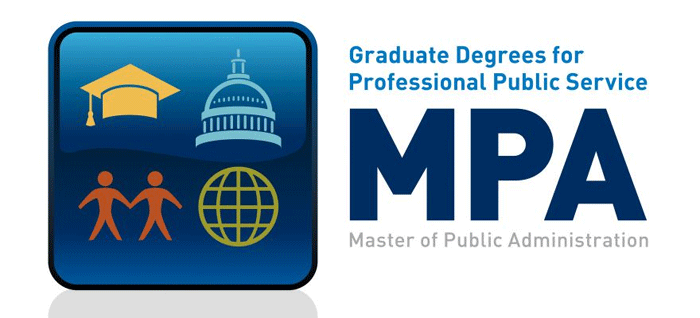
The Master of Public Administration (MPA) is a two–year professional degree program designed to provide students with the knowledge and skills to become effective leaders and administrators in the public sector. This program prepares students for roles in government, nonprofit organizations, and other public service–related fields. Students learn about public service, policy, and management topics that are relevant in today’s complex public sector. The curriculum focuses on topics such as budgeting and finance, public policy, legal and ethical issues, public and nonprofit management, and research methods. In addition to classroom instruction, students gain practical experience through internships and field work. Upon graduation, MPA graduates are prepared to work in a variety of settings, including local, state, and federal government, as well as private and nonprofit organizations.
Master of Public Administration (MPA) Eligibility Criteria
In order to be eligible to pursue a Master of Public Administration (MPA) degree, applicants must have a bachelor‘s degree from an accredited college or university in any field, though some programs may prefer a degree in a related field, such as political science, public policy, economics, or business. In addition, most MPA programs also require that applicants have some experience working in the public or nonprofit sector, although the amount of experience required may vary from program to program. Finally, some programs may require applicants to submit letters of recommendation and a statement of purpose, which should outline their academic and professional goals.
Master of Public Administration (MPA) Colleges In India
1. Indian Institute of Public Administration, New Delhi
2. School of Public Policy & Governance, Tata Institute of Social Sciences, Mumbai
3. Indian Institute of Social Welfare & Business Management, Kolkata
4. Institute of Management Technology, Ghaziabad
5. Indian Institute of Public Administration, Lucknow
6. Symbiosis Institute of Public Health, Pune
7. Xavier Institute of Social Service, Ranchi
8. Institute of Public Administration & Management, Bengaluru
9. Indian Institute of Forest Management, Bhopal
10. Guru Gobind Singh Indraprastha University, Delhi
Master of Public Administration (MPA) List of Stream
1. Public Management
2. Public Finance and Budgeting
3. Nonprofit Management
4. Health Care Administration
5. Public Policy
6. Information Technology Management
7. Local Government Management
8. International Development
9. Emergency and Disaster Management
10. Environmental Policy and Management
Master of Public Administration (MPA) Syllabus
The Master of Public Administration (MPA) program is designed to prepare students for professional practice in public service and public policy leadership. Below is a general overview of the coursework typically required in an MPA program.
1. Public Administration Theory and Practice: Students will be introduced to the theories, values and principles of public administration and their application in the public sector. This course will cover topics such as public policy, public budgeting and finance, public personnel management, and public program evaluation.
2. Public Policy Process: This course will provide an overview of the policymaking process in the United States. Students will learn how to develop, analyze, and evaluate public policies and how to apply them in practice.
3. Public Management: This course will discuss the roles and responsibilities of public administrators, their management techniques, and their ethical concerns.
4. Research Methods and Data Analysis: This course will provide an overview of the research methods and techniques used in public administration and policy. Students will learn about survey design, data collection, and data analysis techniques.
5. Leadership and Organizational Change: This course will explore the various theories and practices of effective leadership. Students will learn about the principles of organizational change, conflict resolution, and team building.
6. Financial Management: This course will cover the fundamentals of financial management, including budgeting, accounting, financial analysis, and capital budgeting.
7. Public Program Evaluation: This course will discuss the principles of evaluation and the methods used to evaluate public programs.
8. Electives: Electives are courses that are designed to help students broaden their knowledge and understanding of public administration. Common electives include topics such as public health, urban planning, international development, and nonprofit management.






